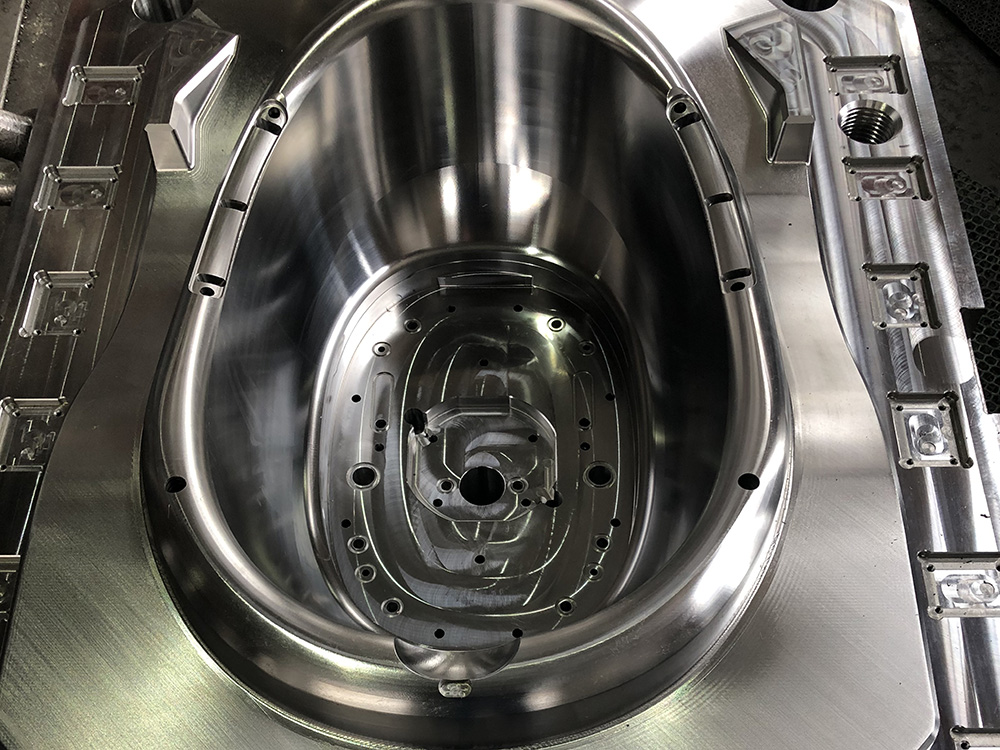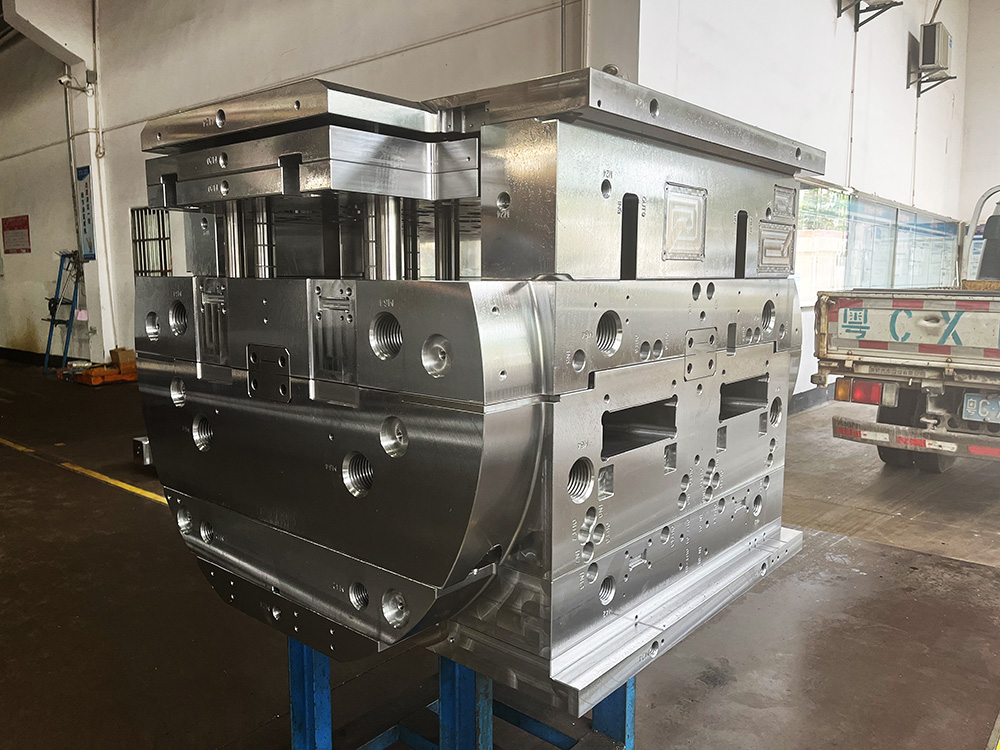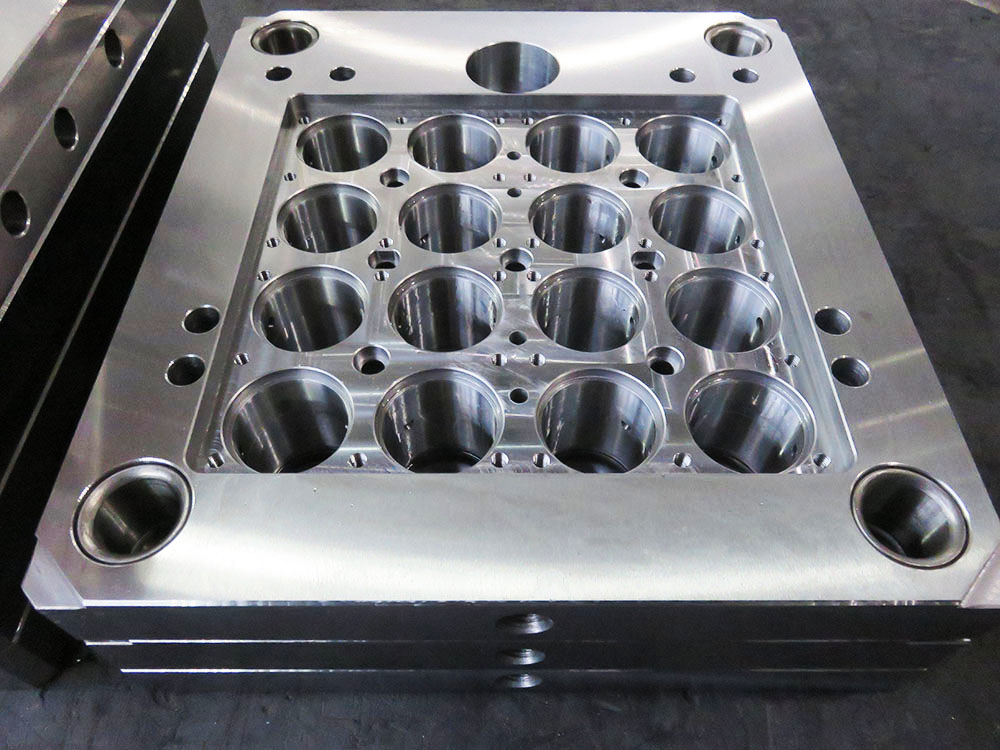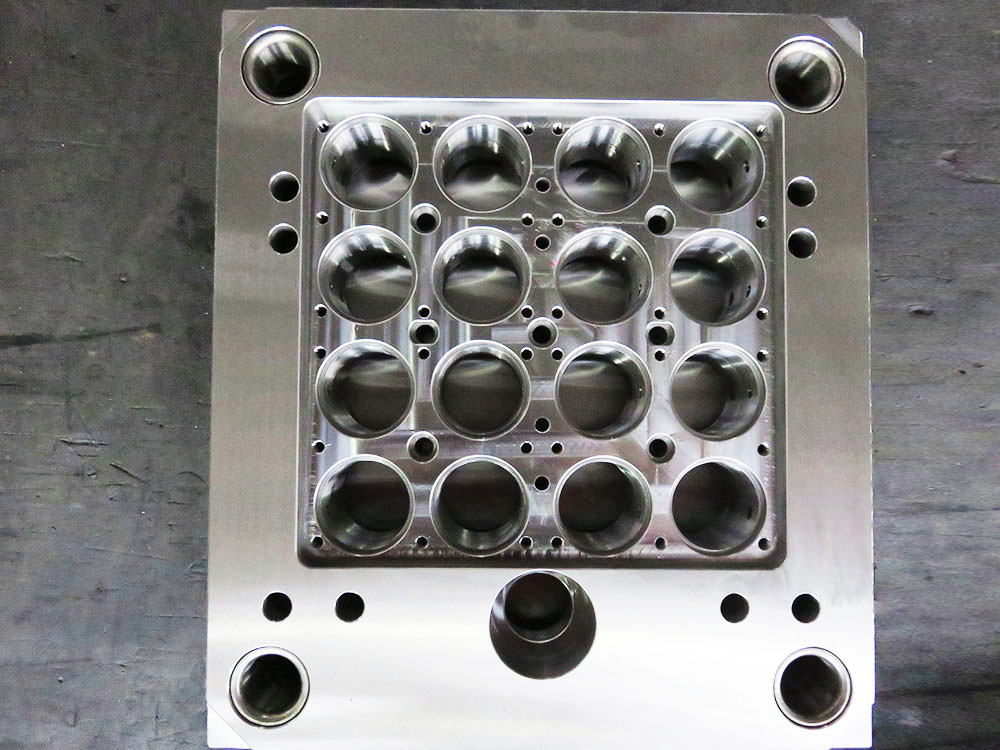What is the DCI framework in the Mold Base industry?
In the Mold Base industry, the DCI framework plays a crucial role in ensuring the efficient design and manufacturing of mold bases. DCI stands for Data, Communication, and Integration, and it provides a systematic approach to streamline the entire mold base development process.
Data
The first component of the DCI framework is the data, which refers to the information required for mold base design and manufacturing. This includes CAD drawings, specifications, material selection, and any additional requirements specified by the customer. Gathering accurate and complete data is vital for the success of mold base projects, as it helps in minimizing errors and rework during the production phase.
Communication
Effective communication is essential in the Mold Base industry, as it allows seamless information flow between different stakeholders involved in the mold base development process. The DCI framework emphasizes clear and concise communication between designers, engineers, technicians, and customers to ensure that everyone is on the same page. By fostering effective communication, potential issues or conflicts can be identified and resolved early on, saving valuable time and resources.
Integration
The integration aspect of the DCI framework emphasizes the need to combine various elements and processes involved in mold base design and manufacturing. It involves integrating design software, manufacturing equipment, quality control measures, and project management systems to create a cohesive and efficient workflow. By streamlining processes and eliminating redundancies, integration enables mold base manufacturers to deliver products with improved accuracy, consistency, and productivity.
Benefits of the DCI framework in the Mold Base industry
The adoption of the DCI framework brings several advantages to the Mold Base industry. Firstly, it improves overall efficiency by reducing design iterations and rework. By ensuring accurate data collection and effective communication, potential errors or misunderstandings can be prevented, resulting in fewer design changes and lower production costs.
Secondly, the DCI framework enhances collaboration and coordination among different teams involved in mold base development. It encourages interdisciplinary teamwork and knowledge sharing, allowing for more efficient problem-solving and decision-making processes.
Furthermore, the integration aspect of the DCI framework promotes automation and digitalization within the mold base manufacturing process. By utilizing advanced software and hardware solutions, manufacturers can automate repetitive tasks, improve design accuracy, and enhance overall productivity.
In conclusion, the DCI framework plays a vital role in the Mold Base industry by providing a structured and systematic approach to mold base design and manufacturing. By focusing on data, communication, and integration, the DCI framework ensures better efficiency, collaboration, and automation in the industry. Its adoption leads to reduced errors, improved productivity, and enhanced customer satisfaction.




